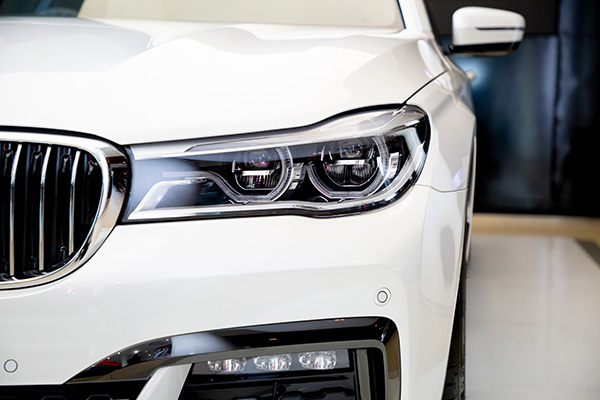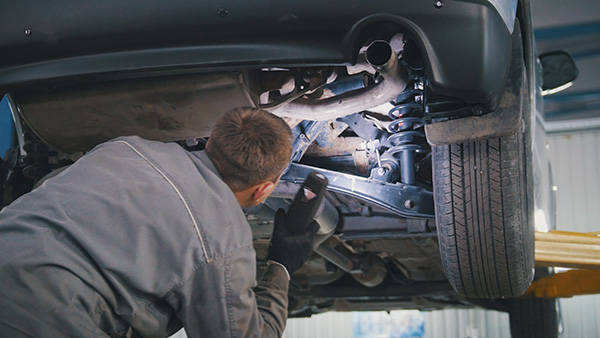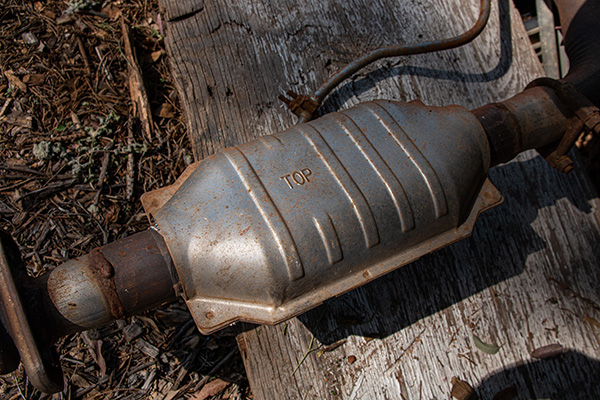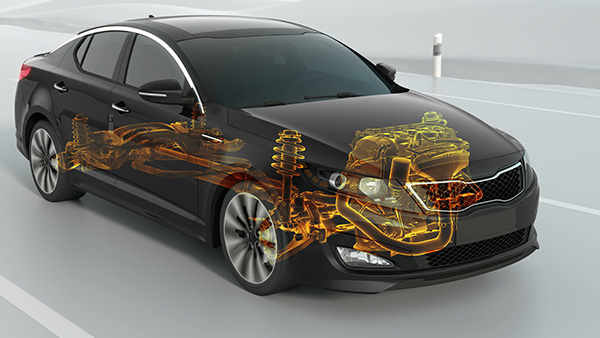Posted on 12/19/2025

A dead battery always seems to show up at the worst time, and the first instinct is usually to grab a set of jumper cables and hope for the best. Done correctly, a jump start can get you back on the road quickly. Done incorrectly, it can damage batteries, electronics, or even cause a dangerous spark. Knowing the right way to jump start your car takes some of the stress out of that moment in the parking lot or driveway. Why Jump Starting Technique Really Matters Modern vehicles rely heavily on sensitive electronic modules that do not react well to voltage spikes. A sloppy jump start can send a sudden surge through the system and cause issues you may not see right away. That is why proper cable order and good contact points matter more now than they did on older, simpler vehicles. A poor connection can also cause the jumper cables to overheat, melt, or arc. That is hard on the battery terminals and dangerous for anyone leaning over the engine bay. As technicians, we ... read more
Posted on 11/28/2025

A careful test drive tells you more than hours of online research. BMWs reward attentive drivers, and the way a car steers, shifts, and idles can reveal what it needs before you buy. Use these seven checks on your next drive so you can spot concerns early, budget realistically, and choose a car that feels as tight and confident as it should. 1. Steering Feel, Tramlining, And Highway Stability On a straight road at 50–65 mph, the wheel should sit centered and the car should track calmly. If it wanders or follows ruts, the front control arm bushings or alignment may be tired. A sharp knock over small bumps hints at ball joints. Light nibble in the wheel points to tire cupping or balance, not always a big repair, but a cost to consider. Strong, precise on-center feel is the goal; anything vague is worth a closer look on a lift. 2. Idle Smoothness And Start-Up Rattles Start the engine cold if possible. A brief metallic rattle can indicate timing ... read more
Posted on 10/31/2025

If your car has started feeling loose, clunky, or just not as sure-footed on the road, the problem may lie in something small but important: your suspension bushings. These little rubber or polyurethane parts don’t get much attention, yet they quietly do a lot of work to keep your ride smooth, your steering sharp, and your suspension quiet. Over time, they wear out. Heat, moisture, road grime, and the constant motion of driving all take a toll. When they do, the result can be a ride that feels sloppy or unstable. Here’s what to look for and why it matters more than you might think. What Suspension Bushings Actually Do Bushings sit at the connection points between metal parts in your suspension—control arms, sway bars, shock mounts, and other places where components move or pivot. Their job is to absorb vibration, reduce noise, and allow parts to flex without colliding with each other. They’re usually made of rubber or synthetic materials tha ... read more
Posted on 9/26/2025

Fuel economy can drop for many reasons, from low tire pressure to aggressive driving. However, one hidden cause often goes unnoticed until it creates bigger issues, such as a clogged catalytic converter. While this component is vital for reducing harmful emissions, it can also become a roadblock to your engine’s performance when it isn’t working properly. If you’ve noticed sluggish acceleration, poor gas mileage, or a lingering check engine light, your catalytic converter might be to blame. What the Catalytic Converter DoesThe catalytic converter is part of your exhaust system. Its job is to take toxic gases produced by your engine and convert them into less harmful emissions before they leave the tailpipe. It works using a combination of heat and precious metals like platinum and palladium to create a chemical reaction. When the converter is clean and opera ... read more
Posted on 8/29/2025

The drivetrain is one of the most important systems in your vehicle, responsible for transferring power from the engine to the wheels. When it’s in good condition, you get smooth acceleration, reliable performance, and efficient fuel use. However, if something in the drivetrain begins to fail, it can result in poor handling, unusual noises, or even a complete breakdown. A comprehensive drivetrain inspection is the best way to catch small problems before they turn into costly repairs. Key Components of the Drivetrain Your drivetrain comprises several interconnected components, each with a distinct function in propelling your vehicle. The main components are: Transmission – Adjusts engine output to match driving speed. Driveshaft – Transfers power from the transmission to the differential. Differential – Distributes engine power to the wheels and allows them to rotate at different speeds when turning. Axles – Carry power from the diffe ... read more